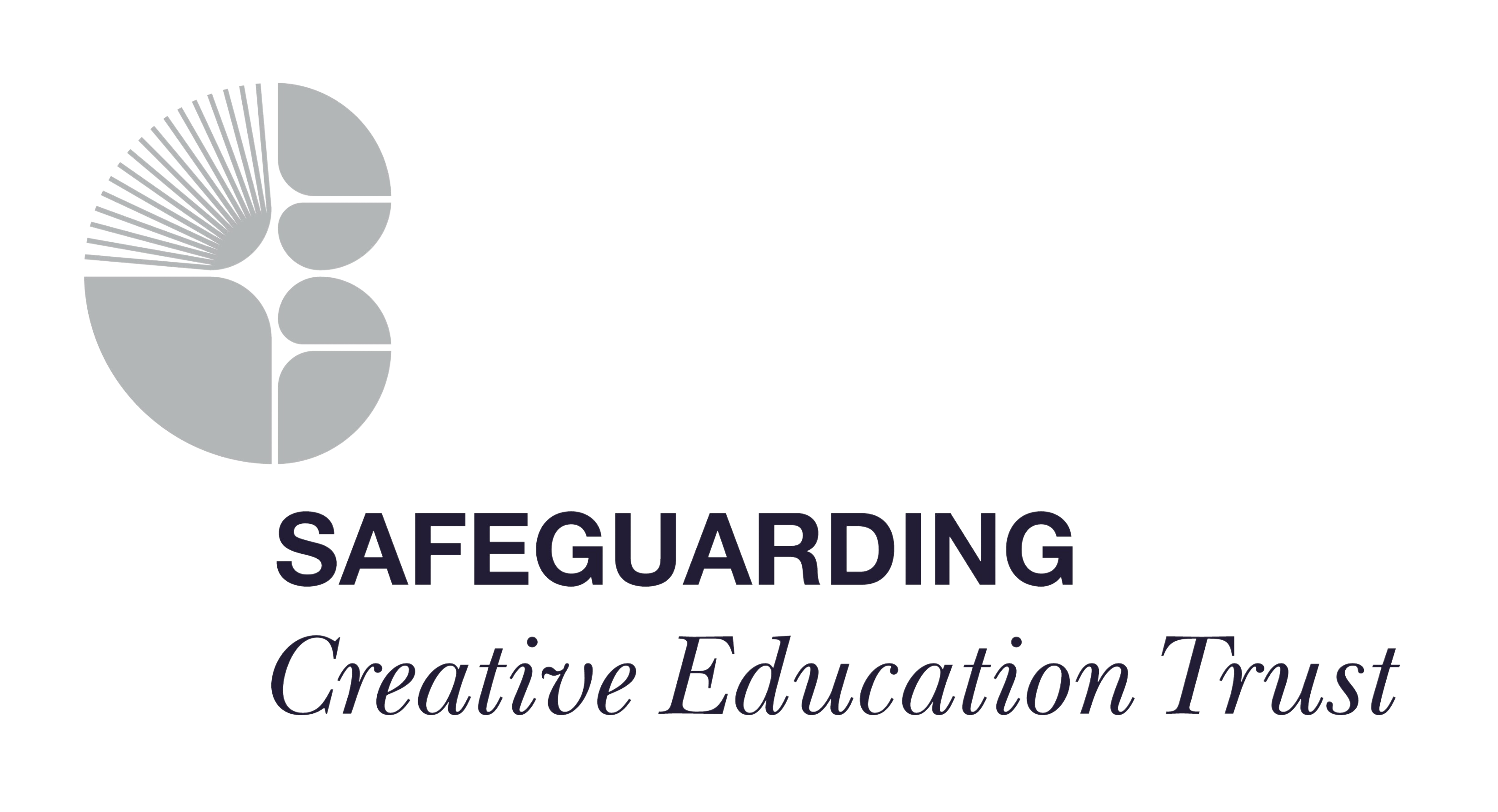No.
I will lay out the statutory requirements in this area, which I hope will serve as a good reference point in future conversations with academies.
Keeping Children Safe in Education (KCSIE)(2022) is clear regarding how we deal with ‘contractors’. Some golden rules can be drawn from KCSIE when managing third-party staff.
Firstly, under no circumstances should a contractor on whom no checks have been obtained be allowed to work unsupervised or engage in regulated activity relating to children.
Supervision – doesn’t always mean someone sitting on that person’s shoulders. We should apply common sense here. KCSIE states in paragraph 292. States that Schools and colleges are responsible for determining the appropriate level of supervision depending on the circumstances.
If Bob the builder, is replacing glass in doors along the math corridor. Make sure he has the school office number to call when he’s done so he can be escorted back or needs a toilet break, and tell the teachers on the corridor he is there, so they can report back if he leaves. Supervision is individual.
An Academy does not have the power, thus making it unlawful, for them to ask to see a DBS Certificate. KCSIE is clear in paragraph 294 that schools should always check the identity of contractors on arrival at the school or college; 299. States that schools and colleges should not request DBS checks or barred list checks or ask to see existing DBS certificates.
There is an apparent distinction in the statutory guidance, KCSIE, when it talks about vetting new staff; it states that ‘schools should check’… so schools should check, right…. When talking about contractors, it says that ‘schools should seek assurance that’… so we get assurance that a check has been completed.
The document that the company has sent you, the DBS spreadsheet…excuse my bluntness Stuart, but it’s pointless. What can we do with that? Ian Huntley has a DBS number… a DBS number is just a reference for an application. There is no way of validating it. If I told someone my DBS number was 00123456789, there isn’t a number someone can call to check I’m telling the truth.
For this reason, I often ask why we put DBS numbers on ID cards…but there we go. The point is, it’s not for us to ask for a DBS number; we need assurance anyone they send has been vetted. It’s not for us to do any checks, and seeing a certificate constitutes a check.
We should be asking for a straightforward letter from companies. That letter should note that anyone they send to work in our school will have been subject to an enhanced DBS check. We don’t need a list of who works for them; just a simple letter.
To make this even easier, KCSIE states in para. 289. That where schools and colleges use contractorsto provide services, they should set out their safeguarding requirements in the contract between the organisation and the school or college.
This means that when we set up an SLA, we should always add a line that states that anyone they send should have an Enhanced DBS certificate and where they don’t, or it has disclosures, they will let us know in advance (so we can RA). Simples.
My suggestion would be that moving forward; we ask contractors to provide us with a letter stating the above. We include the above in our SLA; schools hold local files with those letters, which are reviewed annually, seeking new letters after they become a year old.
There is no requirement to record a contractor on the Single Central Register; unless they are in regulated activity. In simple terms, RA means that they are likely to work in a school for more than four days in 30 days but are not providing a temporary maintenance service. The only example I can think of in your world will be if you have a groundsman who works on-site once a week every week; or a foreman who is the site manager when building a new sixth-form building.
Day-to-day, reception holds that file of letters, and they sign the contractors in and out via the visitor’s book, checking their ID and cross-checking it with the assurance letter because, as I said at the start, there is no assurance of the completed checks. They must be supervised.

